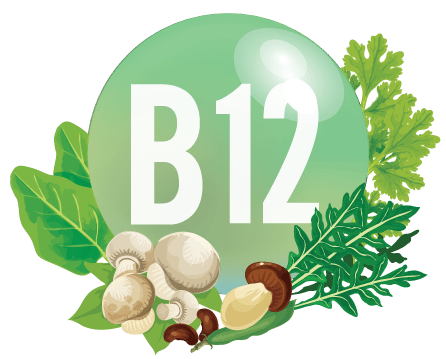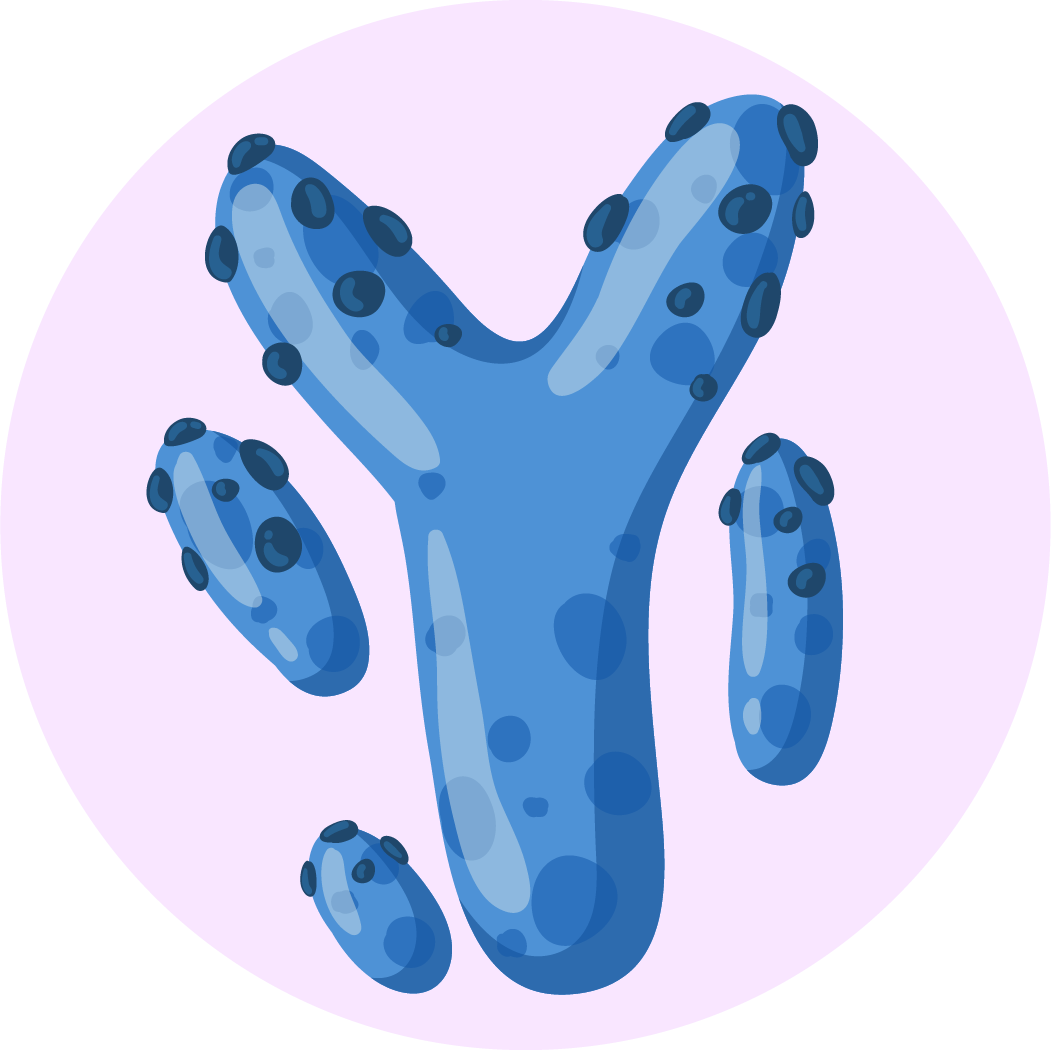Cobalamin (Vitamin B12): Sources, and Challenges for Vegetarians and Vegans
Cobalamin, also known as vitamin B12, plays a crucial role in various bodily functions. It helps in the formation of red blood cells, DNA synthesis, and maintenance of the nervous system. As our body cannot produce cobalamin, we have to consume it through our diet.
One of the main sources of cobalamin is animal based foods such as meat, poultry, fish, and dairy products. For example, a 3 ounce serving of cooked clams contains more than 800% of the recommended daily intake of cobalamin. Similarly, a cup of low fat milk provides nearly one third of the daily recommended intake.
If you are following a vegetarian or vegan diet, it can be challenging to get enough cobalamin, as plant based sources are limited. However, you can consume cobalamin fortified foods, such as plant based milk and cereals, or take a vitamin B12 supplement.












